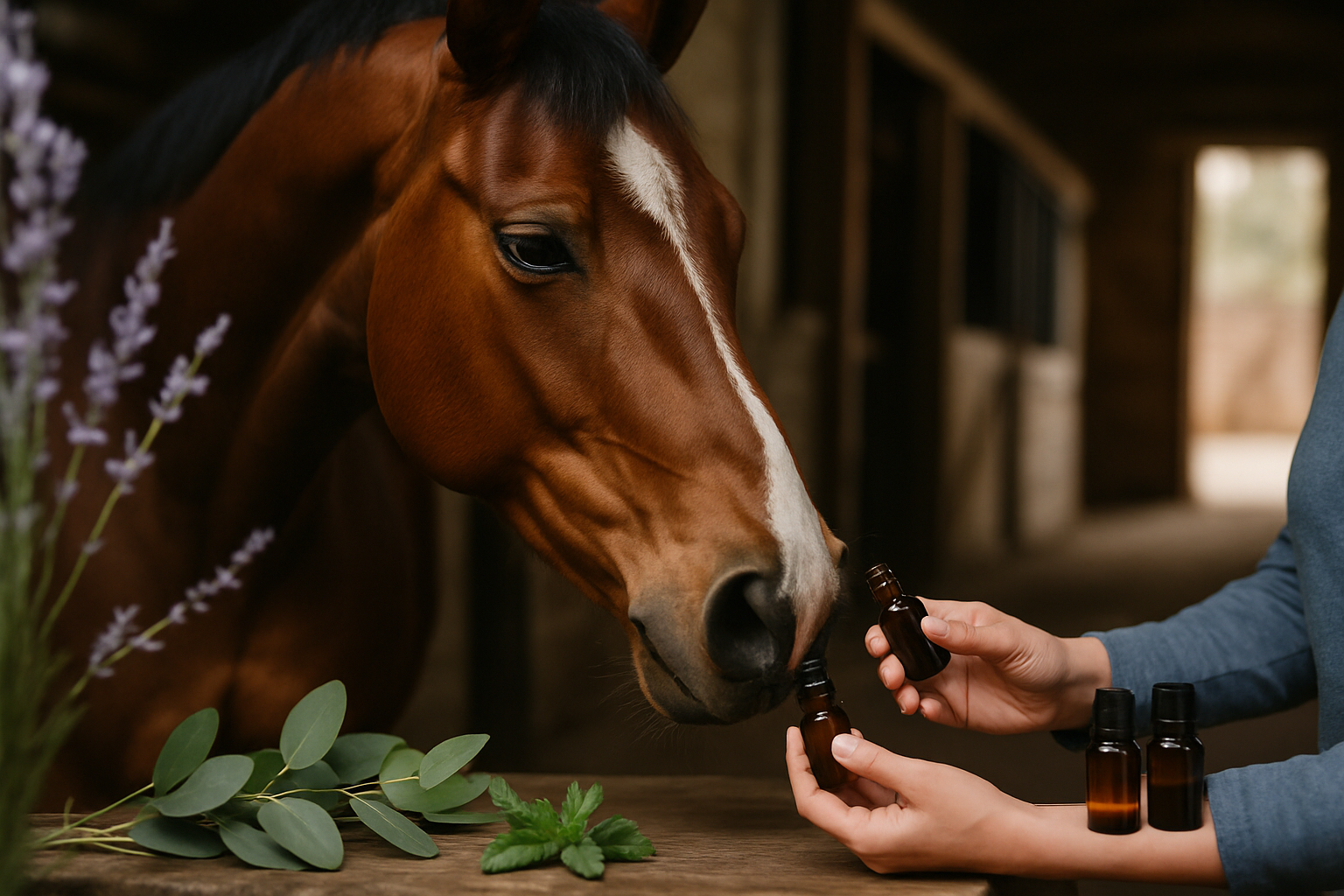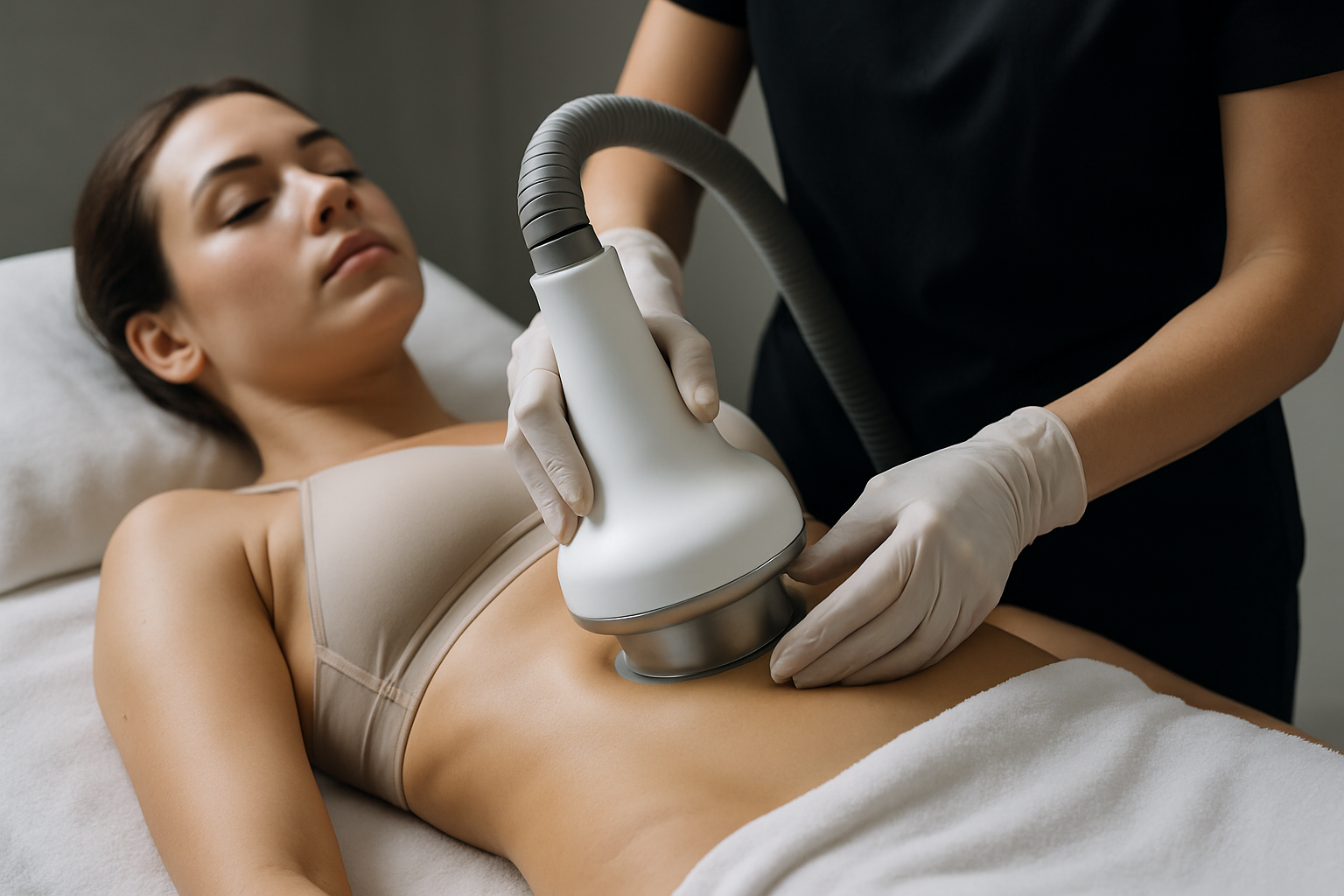Equine Aromatherapy: Scents and Sensibility for Horses
The world of equine care is constantly evolving, with new techniques and approaches emerging to enhance the well-being of these majestic creatures. One such innovation gaining traction is equine aromatherapy, a holistic practice that harnesses the power of essential oils to promote physical and emotional balance in horses. This fascinating field combines ancient wisdom with modern science, offering horse owners and trainers a unique tool to support their equine companions' health and happiness.

Equine aromatherapy is a burgeoning field that combines the therapeutic properties of essential oils with the unique physiology and psychology of horses. This innovative approach to equine care has been gaining popularity among horse owners, trainers, and veterinarians as a complementary method to support equine health and well-being. By tapping into the horse’s highly developed sense of smell, aromatherapy offers a gentle yet effective way to address various physical and emotional issues, from stress and anxiety to muscle soreness and respiratory problems.
The Nose Knows: Understanding Equine Olfactory Systems
Horses possess an incredibly sophisticated sense of smell, with olfactory receptors far more numerous and sensitive than those of humans. This heightened ability to detect and process scents plays a crucial role in their survival, communication, and overall well-being. In the wild, horses rely on their keen sense of smell to identify potential threats, locate food sources, and recognize herd members.
The equine olfactory system is intricately connected to the limbic system, which governs emotions and memory. This connection explains why certain scents can trigger powerful responses in horses, influencing their behavior and emotional state. Equine aromatherapy leverages this unique relationship between scent and emotion to promote relaxation, reduce stress, and support overall health.
Essential Oils: Nature’s Pharmacy for Horses
At the heart of equine aromatherapy lies the use of essential oils, highly concentrated plant extracts that contain the natural aromatic compounds of their source. These potent substances offer a wide range of therapeutic benefits, from antibacterial and anti-inflammatory properties to mood-enhancing effects.
Some of the most commonly used essential oils in equine aromatherapy include lavender for its calming properties, eucalyptus for respiratory support, and peppermint for its invigorating and pain-relieving effects. Each oil has its unique profile of chemical constituents, which interact with the horse’s body systems in different ways.
It’s important to note that not all essential oils are safe for use with horses, and proper dilution and application methods are crucial. Practitioners of equine aromatherapy must undergo specialized training to ensure they use these powerful substances safely and effectively.
Application Methods: From Inhalation to Topical Use
Equine aromatherapy employs various methods to introduce essential oils to horses, each tailored to address specific needs and preferences. Inhalation is one of the most common and straightforward approaches, allowing the horse to benefit from the aromatic compounds directly through the respiratory system. This can be achieved through the use of diffusers in stables or by applying oils to objects within the horse’s environment.
Topical application is another effective method, particularly for addressing localized issues such as muscle soreness or skin conditions. Essential oils are typically diluted in a carrier oil before being gently massaged into the horse’s coat or affected area. This approach combines the benefits of aromatherapy with the soothing effects of touch, enhancing the overall therapeutic experience.
Some practitioners also incorporate aromatherapy into grooming routines or add small amounts of diluted oils to feed or water. However, these methods require careful consideration and should only be implemented under the guidance of a qualified equine aromatherapist.
Benefits and Applications: From Stress Relief to Performance Enhancement
The potential benefits of equine aromatherapy are wide-ranging, addressing both physical and emotional aspects of horse health. One of the most notable applications is stress reduction, particularly valuable for horses that experience anxiety during transport, competition, or veterinary procedures. Calming scents like lavender and chamomile can help soothe nervous horses and promote a sense of well-being.
Aromatherapy has also shown promise in supporting equine respiratory health. Oils such as eucalyptus and tea tree possess anti-inflammatory and antimicrobial properties that may help alleviate symptoms of respiratory conditions and support overall lung function.
Performance horses may benefit from aromatherapy as part of their pre- and post-exercise routines. Certain essential oils can help warm up muscles before activity and aid in recovery afterward, potentially reducing the risk of injury and improving overall performance.
The Science Behind the Scents: Research and Veterinary Perspectives
While equine aromatherapy is still considered an alternative or complementary therapy, a growing body of research supports its efficacy. Studies have explored the effects of essential oils on equine behavior, stress levels, and physiological markers such as heart rate and cortisol levels. Many veterinarians are beginning to recognize the potential of aromatherapy as part of a holistic approach to equine care.
However, it’s important to note that aromatherapy should not be viewed as a replacement for traditional veterinary care. Instead, it serves as a complementary tool that can work alongside conventional treatments to support overall equine health and well-being.
As the field of equine aromatherapy continues to evolve, ongoing research and collaboration between aromatherapists, veterinarians, and equine scientists will be crucial in further validating its benefits and refining best practices.






